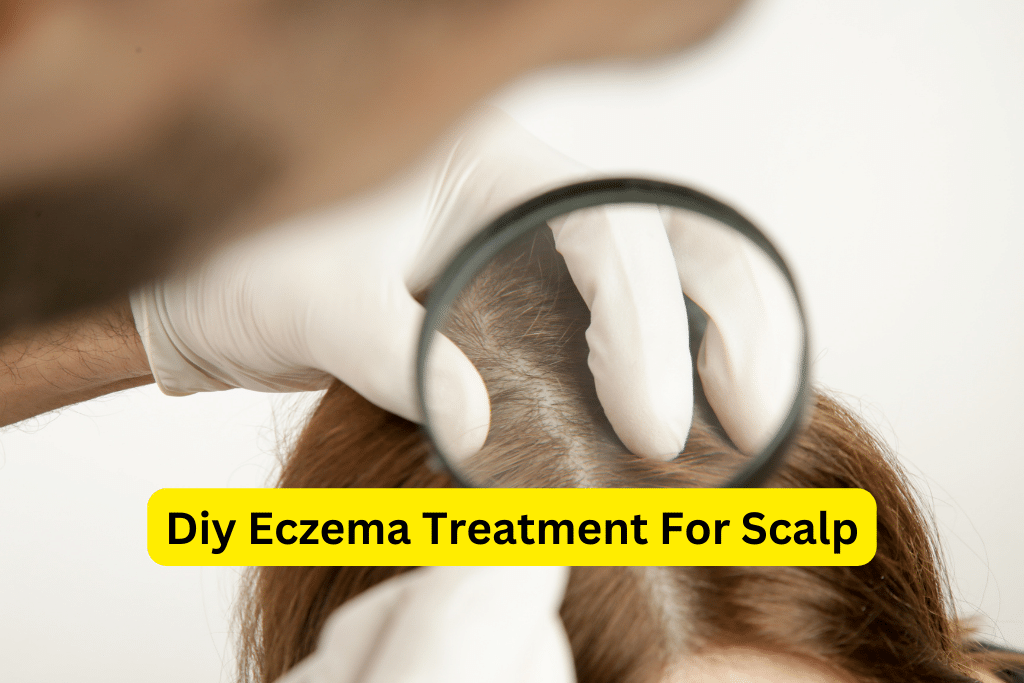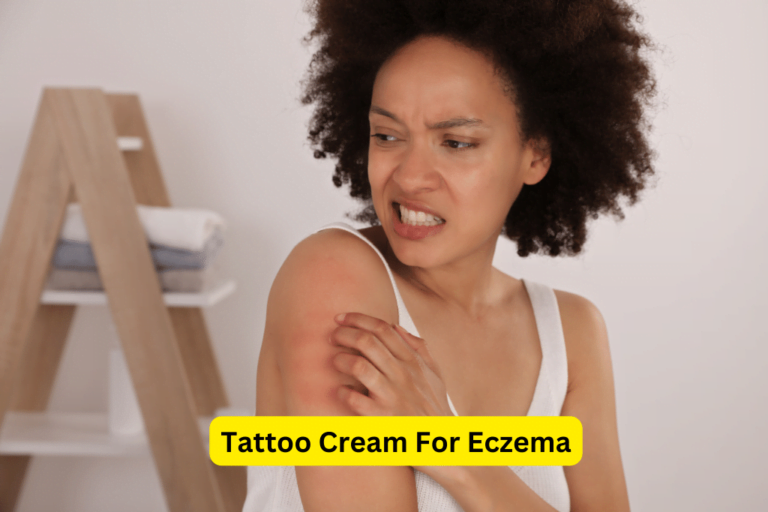Natural Remedies for a Healthy Scalp: DIY Eczema Treatment
Diy Eczema Treatment For Scalp
Scalp eczema can be a frustrating and uncomfortable condition that affects many individuals. It not only causes physical discomfort but can also have a significant impact on a person’s overall well-being. Finding an effective treatment for scalp eczema is crucial for those who suffer from this condition. Many people are turning to DIY treatments as a safe and natural alternative to alleviate symptoms and promote scalp health.
Section 1: Understanding Scalp Eczema
1.1 What is Scalp Eczema?
Scalp eczema, also known as seborrheic dermatitis or atopic dermatitis, refers to inflammation of the scalp skin that results in itchiness, redness, and flaky patches. It is commonly caused by a combination of genetic, environmental, and immune system factors. The symptoms experienced can vary from person to person but often include itchiness, redness, scaling, and dandruff-like flakes on the scalp.
Early detection and treatment are important for managing scalp eczema effectively. Without proper care, the condition can worsen and lead to complications such as infection.
1.2 Types of Scalp Eczema
Scalp eczema can manifest in different forms, each with its own set of symptoms and triggers. The two most common types of scalp eczema are seborrheic dermatitis and atopic dermatitis.
Seborrheic dermatitis is characterized by oily and red patches on the scalp. It is often accompanied by dandruff-like flakes and can also affect other areas of the body, such as the face and chest.
Atopic dermatitis, on the other hand, is a chronic skin condition that typically starts in childhood and can affect the scalp. It is often associated with other allergic conditions such as asthma and hay fever.
Section 2: DIY Eczema Treatment Options
2.1 Natural Remedies for Scalp Eczema
Using natural remedies for scalp eczema treatment can be a gentle and effective approach. Natural remedies offer the benefits of being safe, readily available, and often more affordable than over-the-counter treatments. Here are a few natural remedies that have shown positive results in relieving scalp eczema:
2.2 Essential Oils for Scalp Eczema
In addition to natural remedies, essential oils can be a valuable addition to a DIY eczema treatment regimen. These concentrated plant extracts offer therapeutic benefits and can help alleviate scalp eczema symptoms. Here are a few essential oils commonly used for scalp eczema treatment:
When using essential oils, it is important to dilute them properly and perform a patch test before applying them to the entire scalp. This helps to ensure that the oils do not cause any adverse reactions.
Section 3: Tips for Managing Scalp Eczema
3.1 Proper Scalp Care Routine
Establishing a proper scalp care routine is essential for individuals with scalp eczema. Here are some steps to include in your scalp care routine:
3.2 Diet and Lifestyle Modifications
Making certain dietary and lifestyle modifications can play a significant role in managing scalp eczema. Consider the following tips:
3.3 Home Remedies to Relieve Itching and Irritation
For immediate relief from itching and irritation, consider trying these home remedies:
Section 4: When to Seek Professional Help
While DIY treatments can be effective for managing scalp eczema, there are instances where it is important to seek professional medical help. Consult a dermatologist if:
A dermatologist can provide a personalized treatment plan to address your specific scalp eczema needs.
Conclusion
Dedicated DIY eczema treatment for the scalp can provide relief and promote scalp health. By understanding scalp eczema’s causes, symptoms, and types, individuals can tailor their treatment to suit their needs. With the availability of natural remedies, essential oils, proper scalp care routines, and lifestyle modifications, managing scalp eczema can become more manageable and less intrusive in daily life. Experimenting with different DIY treatments can help find the most effective and comfortable solution for each individual.
"Have You Seen Mike Walden's new holistic acne System yet? It's called "Acne No More" I've read the whole thing (all 223 pages) and there's some great information in there about how to naturally and permanently eliminate your acne without drugs, creams or any kind of gimmicks. I highly recommend it - it's very honest and straightforward without all the hype and b.s. you see all over the net these days. Here's the website where you can get more information:
Click Here -->AcneNoMore









